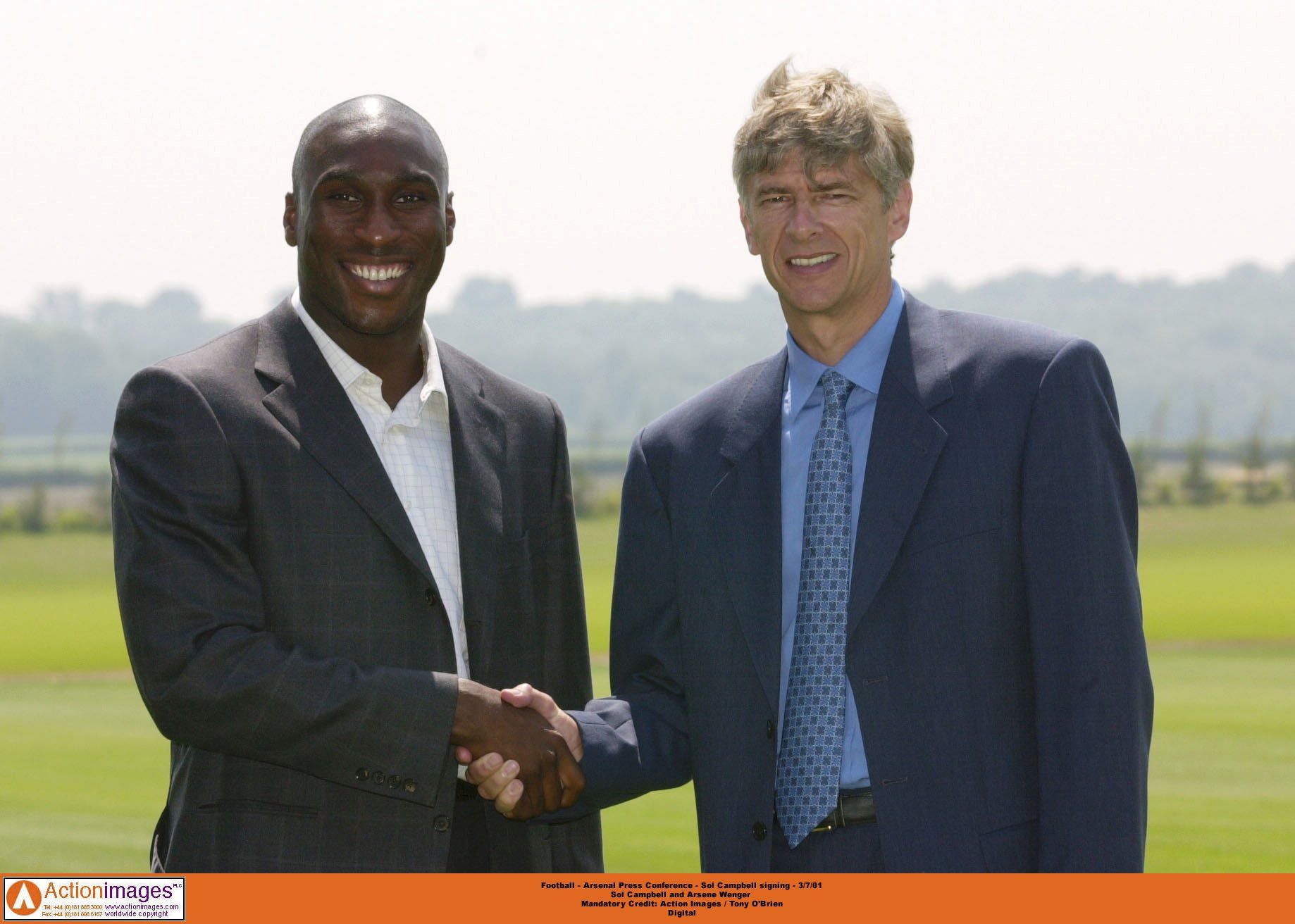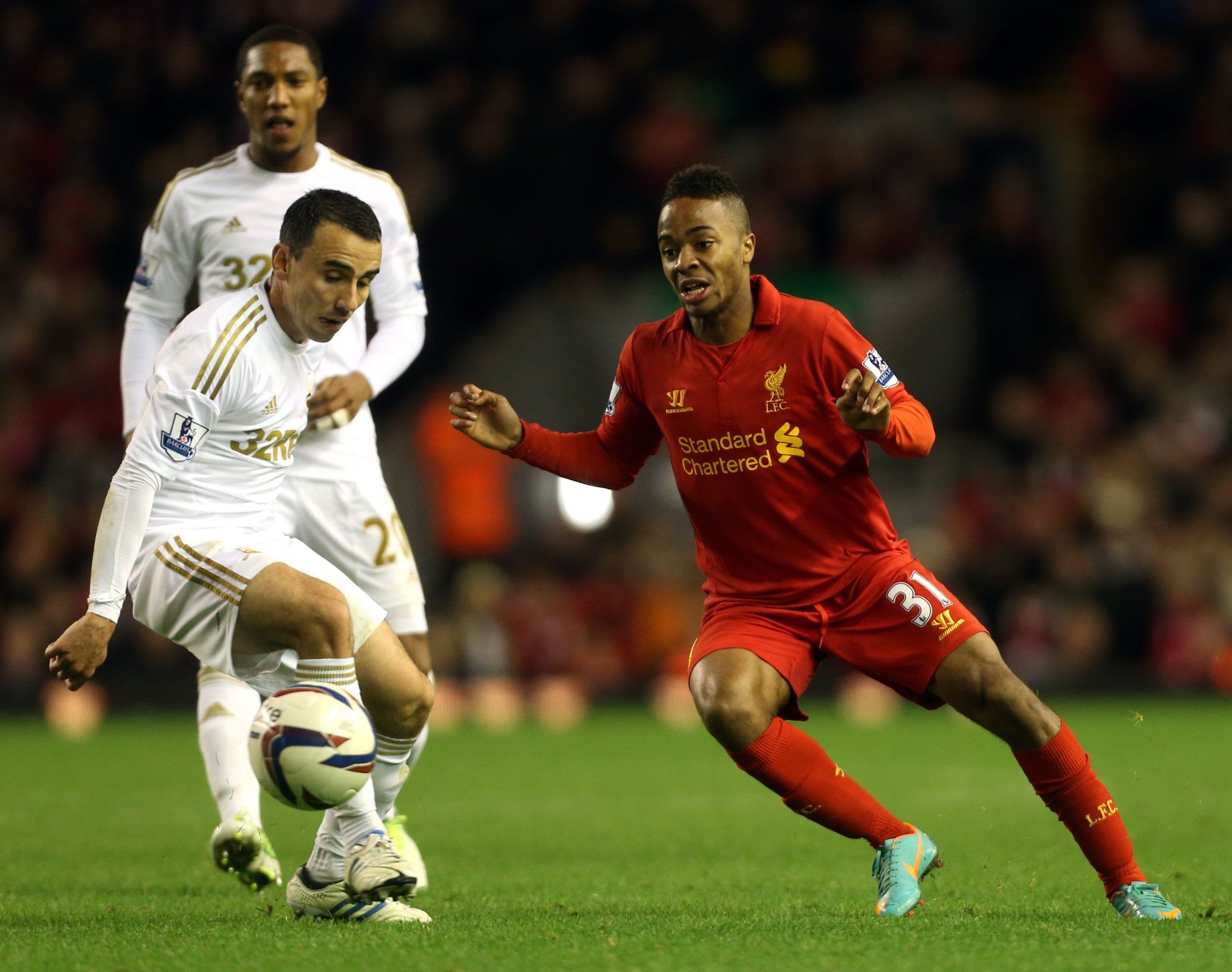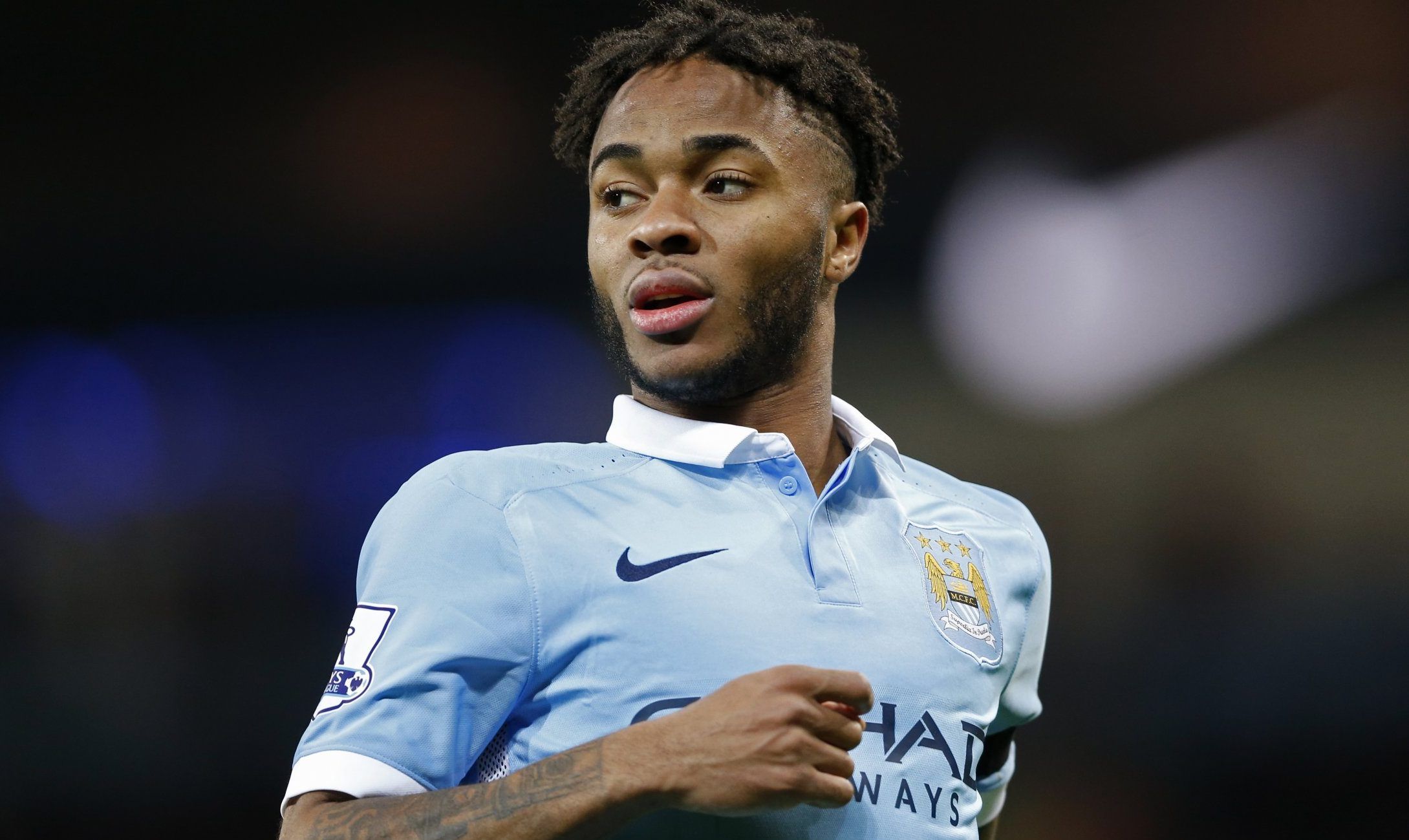[ad_pod ]Raheem Sterling has undoubtedly become one of the most impactful players of his type in the world since leaving Liverpool for Manchester City. He was directly involved in 29 of City’s Premier League goals in 2018/19 as they successfully defended their league title. He has become the guy the greatest coach in the modern era turns to when it matters most. For England too he is indispensable.There was a time too when he was indispensable for Liverpool. During the exhilarating season of 2013/14, the Wembley boy tore defences apart in tandem with Daniel Sturridge and Luis Suarez as the Red men so nearly broke their Premier League duck. He was loved at Anfield; loved for his adventurous wing-play that conjured up something pure, almost childlike.Speaking of which, though he has been lured north from QPR as a wide-eyed 15 year old Sterling was by default an academy kid. He was theirs, this dribbling tearaway. Raheem Sterling was money.Sadly though money came to define Raheem Sterling, entirely unfairly but through a course of events that can be made sense of. He was no longer adored for his instinct to entertain, nor admired for his ambition and self-belief but rather labelled as ‘greedy’ and in the same manner as ‘Cashley’ Cole before him the player became a by-word for footballing excess and entitlement. More so, his highly publicised switch from Liverpool to Manchester City in the summer of 2015 was the most controversial and fractious since Sol Campbell limousined across north London. We are all pertinently aware of what this stigma led to. There was the media castigation that eventually took the form of a witch-hunt and took us down some very strange avenues such as criticising the City winger for buying a Greggs pasty and damning him for an unwashed car. There was – and is - his hostile receptions at Anfield that were initially vicious but now take the form of pantomime booing to unnerve a dangerous opponent. We know too that thankfully the unedifying circus that surrounded the lad for far too long seems to have finally abated as a reappraisal of who he actually is takes over.This isn’t about any of that though. This isn’t the Raheem Sterling story. This is about a transfer that shook the world.And that began in earnest – or at least entered the public domain – in February 2015 as Brendan Rodgers first acknowledged an impasse in contract negotiations between club and player by stating that Sterling had received an ‘incredible deal’ supposedly worth up to £100,000 a week but in all likelihood no conclusion would now be reached until that summer.Some context is needed here and it is context that damns Rodgers. First of all the winger had two years remaining on his present contract so was in no rush to commit either way. Additionally, there were legitimate concerns emanating from this overtly ambitious player over Liverpool’s ability to match his desire to secure silverware. That season the Reds had relatively struggled, eventually finishing sixth as a collective hangover took hold following their tremendous charge to 84 points the previous May. Suarez had now departed for Spain. Gerrard was heading to America. Sterling, then, was absolutely within his rights to wait and see what Liverpool’s transfer plans were even if that displays the arrogance of a 21st century footballer.
We are all pertinently aware of what this stigma led to. There was the media castigation that eventually took the form of a witch-hunt and took us down some very strange avenues such as criticising the City winger for buying a Greggs pasty and damning him for an unwashed car. There was – and is - his hostile receptions at Anfield that were initially vicious but now take the form of pantomime booing to unnerve a dangerous opponent. We know too that thankfully the unedifying circus that surrounded the lad for far too long seems to have finally abated as a reappraisal of who he actually is takes over.This isn’t about any of that though. This isn’t the Raheem Sterling story. This is about a transfer that shook the world.And that began in earnest – or at least entered the public domain – in February 2015 as Brendan Rodgers first acknowledged an impasse in contract negotiations between club and player by stating that Sterling had received an ‘incredible deal’ supposedly worth up to £100,000 a week but in all likelihood no conclusion would now be reached until that summer.Some context is needed here and it is context that damns Rodgers. First of all the winger had two years remaining on his present contract so was in no rush to commit either way. Additionally, there were legitimate concerns emanating from this overtly ambitious player over Liverpool’s ability to match his desire to secure silverware. That season the Reds had relatively struggled, eventually finishing sixth as a collective hangover took hold following their tremendous charge to 84 points the previous May. Suarez had now departed for Spain. Gerrard was heading to America. Sterling, then, was absolutely within his rights to wait and see what Liverpool’s transfer plans were even if that displays the arrogance of a 21st century footballer. Much more of relevance however is this undeniable truth: right now, every single top flight club will have a player who is stalling on penning a new deal. At Manchester United it is David De Gea. At Manchester City it is Ilkay Gundogan. We really could go on. Yet when do we ever hear a manager so candidly reveal such details as Rodgers did? Never. That’s when. Never.The Northern Irishman’s intention clearly was to put pressure on his young charge, pressure of the worst possible kind. Throughout Liverpool – a city much like any other where rumours spread like wildfire – people had long known that Raheem Sterling and his employers were at loggerheads. Rodgers’ words though confirmed it; made it a great big issue. And boy did the club and fans respond.For the following game right up until the end of that season Sterling’s every touch was booed by his own supporters. A coterie of former Liverpool players meanwhile wasted little time in condemning his perceived disloyalty and even his own captain Gerrard got in on the act stating that he found his team-mate’s behaviour ‘disappointing’. In reality it was Gerrard’s decision to invite further castigation onto a colleague that was disappointing.Later Sterling would claim that one of the reasons why he opted to leave Anfield was because he felt ‘bullied’ during this period. Looking back through the press clippings you can see why.
Much more of relevance however is this undeniable truth: right now, every single top flight club will have a player who is stalling on penning a new deal. At Manchester United it is David De Gea. At Manchester City it is Ilkay Gundogan. We really could go on. Yet when do we ever hear a manager so candidly reveal such details as Rodgers did? Never. That’s when. Never.The Northern Irishman’s intention clearly was to put pressure on his young charge, pressure of the worst possible kind. Throughout Liverpool – a city much like any other where rumours spread like wildfire – people had long known that Raheem Sterling and his employers were at loggerheads. Rodgers’ words though confirmed it; made it a great big issue. And boy did the club and fans respond.For the following game right up until the end of that season Sterling’s every touch was booed by his own supporters. A coterie of former Liverpool players meanwhile wasted little time in condemning his perceived disloyalty and even his own captain Gerrard got in on the act stating that he found his team-mate’s behaviour ‘disappointing’. In reality it was Gerrard’s decision to invite further castigation onto a colleague that was disappointing.Later Sterling would claim that one of the reasons why he opted to leave Anfield was because he felt ‘bullied’ during this period. Looking back through the press clippings you can see why.
Not that all of the blame however can be attached to the club. Exasperated at seeing his reputation tarnished, Sterling then came out and gave an ill-advised interview with the BBC that April where he denied that money was his primary objective. And if that were not inflammatory enough his agent Aidy Ward soon after insisted that his client would not be staying on Merseyside no matter the amount offered to him. “He is definitely not signing. He’s not signing for £700, £800, £900 thousand a week. He is not signing.â€
Needlessly the player and his agent poured petrol onto an already roaring fire and in July – when it was abundantly obvious to one and all that a move was now inevitable – Sterling then refused to fly out to Thailand as part of Liverpool’s pre-season tour.
The duo’s words and actions have been described above as ‘ill-advised’. Perhaps this is wrong because then for equilibrium the words and actions of Rodgers, the fans, and ex-players such as Phil Thompson, John Aldridge and Jamie Carragher should also be deemed that. And that’s not the case at all. From Liverpool’s side it was, bluntly, hubris because they routinely did this to other clubs – unsettled their best player, even encouraged them to strike if need be. They didn’t have it done to them.
That summer 27 players moved from one Premier League club to another but it was only Sterling’s £49m transfer to Manchester City - that concluded a prolonged chase for his signature - that dominated the headlines and felt like a bitter war.
And four years on we can seek out who was to blame all we like but ultimately it comes down to a deterioration of a relationship, one that is commonplace throughout the game. A player wanted a move. The club wanted him to stay. The player got his way and the club was well remunerated.
The circus, however, pitched up regardless and the madness and witch-hunt duly began.

